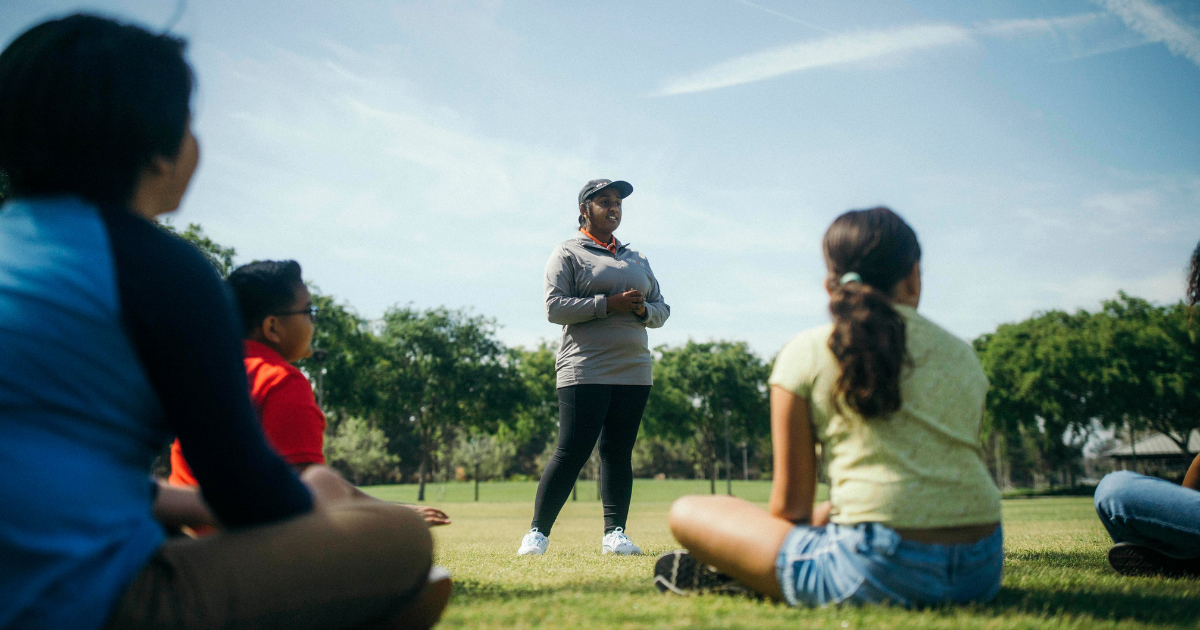
By Maya Rahman-Rios, Elevo, Manager, Communications
The COVID-19 pandemic disrupted nearly every aspect of education. Educators across the world had to quickly pivot to virtual learning, reimagine their classrooms, and support students through unprecedented challenges. As schools and educators adjusted to this new reality, the demands on teachers increased exponentially. Now, in the wake of the pandemic, educator burnout has become a critical issue that needs attention. Let’s get into what it means and what we can do to combat this pressing challenge.
How Educator Burnout Has Occurred
From mastering remote learning to managing the dwindling emotional well-being of their students, educators were asked to do more than ever before in 2020. The rapid transition to online learning often came with minimal training or support, leaving many teachers feeling unprepared and overwhelmed.
On top of this, educators also had to contend with their own personal struggles. Balancing work and home life became a constant juggling act, as many teachers had to manage their own families’ needs while working long hours. The blurring of boundaries between home and work left little room for personal time, resulting in mental and emotional exhaustion.
Even with the pandemic behind us, educators continue to grapple with its long-lasting effects. From learning gaps to student mental health issues, the challenges in the classroom are significant, and many teachers feel they are reaching their breaking point.
Burnout can look different for every educator; it’s a lot more than feeling tired or stressed. Sometimes, it’s irritability and frustration, and other times, it can look like chronic fatigue and emotional detachment. Either way, it’s a state of mental, physical, and emotional exhaustion that cannot be ignored.
Why Educator Burnout Matters
The consequences of educator burnout extend far beyond the individual teacher. Burnout often leads to high turnover rates, disrupting the learning environment for students. Seasoned teachers may even leave the profession altogether, which could result in a shortage of skilled educators. Remaining staff then start to feel the pressure, furthering the cycle of burnout.
For students, teacher burnout can impact their academic success and mental well-being. Burned-out teachers may struggle to provide the high-quality education and support that students need, which can in turn hinder student progress.
How Elevo Can Help with Educator Burnout
At Elevo, we know that today’s educators have a lot on their plate, and we’re here to support both students and teachers through our Elevo School Day programming. We designed Elevo School Day to support students and educators alike, during recess, lunch, and PLC or professional development release time, creating time for teachers to re-focus and re-energize.
With Elevo School Day, districts have multiple programming options. We can provide our rotational sports curriculum, which includes everything from basketball and soccer to tennis and cheer, and offers students the ability to showcase their skills through tournaments and other culminating events. We can also provide our SEL-infused physical activities and games, which offer structured activities that engage students and support both their physical and mental well-being. We are proud to help make every moment during the school day count.
Final Thoughts
Educator burnout is a pressing issue that we can’t turn away from. Over the past few years, teachers have faced numerous challenges and have continued to struggle with the mental, emotional, and physical toll of the COVID-19 pandemic. By recognizing the signs of burnout and offering the support districts and educators need for a brighter tomorrow, we’ll be able to keep learning fun for all.




